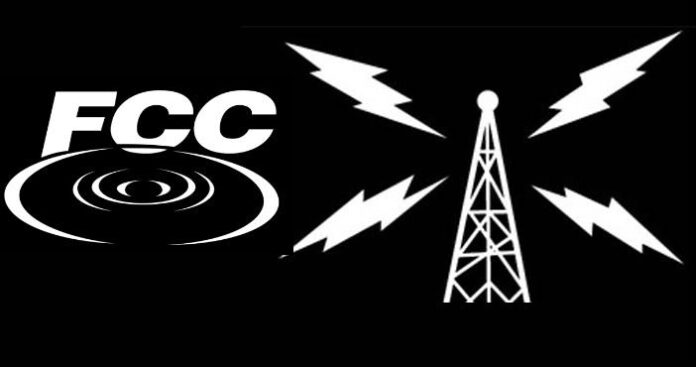WASHINGTON – The Federal Communications Commission has approved a proposal to modernize its Enforcement Bureau, which includes the closure of 11 of FCC field offices across the country while simultaneously retooling its Enforcement Bureau into a more flexible and nimble operation.
According to the Commission’s plan, several mobile field teams will take up the slack for the now shuttered offices. The plan also calls for the complete elimination of 44 Enforcement Bureau positions.
The Commission has seemed reluctant to cut staffing in its enforcement arm, but FCC Commissioner Tom Wheeler noted that the cuts come after increased pressure from lawmakers. “This was a tough decision,” Wheeler said, “but we have to live within our realities. Congress has ordered that we spend less.”
Offices that are slated to close included Anchorage, Alaska; Buffalo, N.Y.; Detroit; Houston; Kansas City, Mo.; Norfolk, Va; Philadelphia; San Diego; San Juan, Puerto Rico; Seattle; and Tampa, Fla.
Enforcement Bureau field offices in and around Atlanta; Columbia, Md.; and San Francisco, Calif., will be consolidated.
The closure of the Alaska and Puerto Rico offices removes any permanent FCC presence from those areas, but the Commission said it will maintain a “field presence in those territories.”
Conservatives on the Hill were quick to hail the FCC office closures a triumph for effective cost saving and smaller government, with House Energy and Commerce Committee Chairman Fred Upton (R-Mich.) saying, “Communities across America will continue to be served even as the commission becomes more efficient — it’s a win-win.”
The decision to close 11 field offices was a significant reduction from the original proposal that examined the possibility of closing 16 to 24 offices. Some have noted that the reduction of FCC field offices and the overall staff at a time when America’s airwaves are becoming increasingly saturated, is somewhat counterintuitive.
Commissioner Wheeler said during a hearing before the House Subcommittee on Financial Services and General Government that while the size of the FCC staff had been shrinking, the work load had been increasing.
“For example,” Wheeler noted, “in the licensing operations area since 2010, our FTE levels have declined by more than 25 across several bureaus, vs. steady growth in licensing activity over that same time, so at some point licensing operations could slow.”
The FCC currently has 1,708 full-time positions, compared to a 20-year average of 1,877. Contractors have also been cut from 600 in 2012 to 435 by the end of 2016.
Trade associations have praised the FCC decision to reduce the number of offices closed with the National Association of Broadcasters EVP of Communications Dennis Wharton issuing a statement saying, “NAB appreciates the work of both the FCC and Congress in forging a compromise FCC field office proposal that keeps open many more enforcement offices than was originally proposed.”

